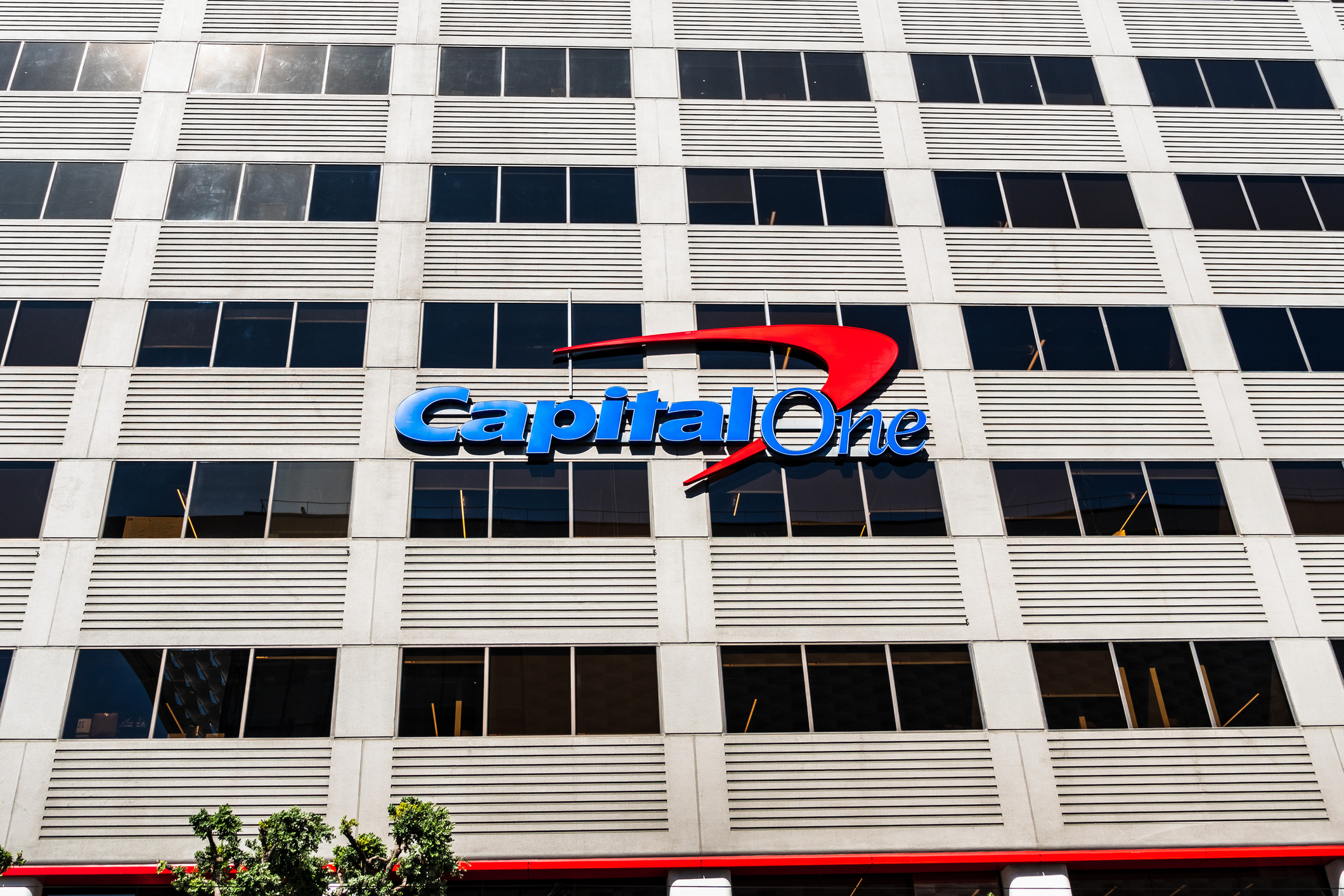Discover Shuts Down Its Home Loans and Refinancing
Discover no longer taking applications for home loans and home refinancing

Discover exits home lending market as Capital One finalizes $35.3B acquisition.
iStock Photo
Discover is a major financial services company that offers products ranging from credit cards to personal and home equity loans. Recently, Discover made a significant pivot in its business to no longer offer new home equity or refinance applications.
This affects prospective borrowers, reshapes competition among lenders, and highlights broader strategic trends within banking. This article breaks down what happened, why it happened, and what borrowers should do moving forward.
No More New Applications
On July 7, 2025, a website notification confirmed that Discover Home Loans “is no longer accepting applications for new home equity or mortgage refinance loans.” Capital One had completed its acquisition of Discover for $35.3 billion in May 2025. Following a strategic review, the decision was made in late June to exit this specific lending business.
Capital One confirmed the wind-down, emphasizing that existing applications will be processed, and the servicing of current loans will continue uninterrupted. A spokesperson stated that the company “conducted an extensive strategic business review of Discover’s home equity and refinance loan business to better understand its position and potential as part of Capital One’s business portfolio.”
Why Capital One Shut Down Discover’s Home Loan Unit
1. Margin Pressure in Mortgage Lending
Mortgage and home equity lending are notoriously low-margin businesses. Coupled with increased competition, they may no longer fit Capital One’s growth-driven, streamlined strategy.
2. High-Rate Environment Hurting Refinancing Demand
With interest rates elevated, homeowners are less likely to refinance, reducing originations and making the home equity/refinance business less appealing.
3. Industry Consolidation
Following large-scale acquisitions, it’s common for banks to eliminate overlapping or underperforming units. Capital One’s decision mirrors this consolidation trend and reflects a broader banking strategy to lean into profitable verticals.
What This Means for Borrowers
1. Current Applicants
If you’ve already submitted an application, you’re not left in limbo. Capital One has confirmed that all in-progress loans will be processed to closing. This means your appraisal, underwriting, and funding should move forward as expected. Still, it’s smart to:
- Keep close communication with your loan officer.
- Confirm your expected closing date.
- Save copies of all loan documents.
This ensures you’re protected in case any delays or changes arise during the transition.
2. Existing Borrowers
If you already have a Discover home equity loan or refinance loan, you don’t need to worry about your loan disappearing. Your loan servicing continues under the same terms and conditions. This means:
- Your interest rate and repayment schedule remain unchanged.
- Payments will continue to be collected, either by Discover or a designated servicer.
- Your loan is still legally binding and fully enforceable.
The only potential change you may see down the road is a new servicing company—a common occurrence in the mortgage world. If that happens, you’ll receive written notice with instructions for where to send payments. Importantly, you’ll never be required to change where you send your payment without an official notice from both your old servicer and the new one.
3. Prospective Borrowers
If you were considering Discover for a home equity loan or refinance but haven’t applied yet, you’ll need to look elsewhere. Fortunately, the lending marketplace remains robust, with plenty of alternatives from national banks, regional institutions, credit unions, and fintech lenders. You can find our recommendations in our overview of the best mortgage lenders available.
Borrowers should:
- Compare at least three to five quotes to find the best rate and terms.
- Weigh closing costs, annual fees, and repayment flexibility in addition to interest rates.
- Consider whether a home equity line of credit (HELOC) or personal loan may better fit your financial goals in today’s higher-rate environment.
4. Reassurance and Next Steps
This change may feel disruptive, but it’s important to stress that this is not a financial collapse—it’s a strategic exit. Your loan is secure, your payments are still valid, and the broader mortgage system continues to function. For peace of mind:
- Review your current loan documents so you understand your rights.
- Sign up for autopay if available to avoid missed payments during servicing transitions.
- If you were relying on Discover for future borrowing, start building a shortlist of other lenders now.
Alternatives to Discover
Borrowers now have many viable alternatives:
- National Banks: Wells Fargo, U.S. Bank offer broad coverage and established lending platforms.
- Digital/Fintech Lenders: Marketplaces like Credible and LendingTree often provide streamlined, online-first refinancing options.
- Credit Unions & Local Banks: Sometimes offer regional, member-focused rates and service.
The more you shop around, the more you can potentially save over the long term. Additionally, be sure to check your credit score before shopping to know where you currently sit.
Industry Impact
1. Weaker Competition in Niche Mortgage Lending
With Discover exiting the home lending business, borrowers may have fewer options in the mid-tier home equity/refinance sector.
2. Greater Focus on High-Yield Products
Banks are doubling down on profitable business like credit cards and consumer banking products.
3. A Reflection of Market Reality
High rates are a pain point for refinancing, prompting lenders to retreat from originations and focus on servicing and higher-return products.
Final Thoughts
Discover, under its new parent Capital One, has exited the home equity and refinance lending space—but borrowers aren’t stranded. Current applicants and borrowers remain protected and served. For new loan seekers, the best step is to shop around across national banks, local credit unions, and fintech lenders.

